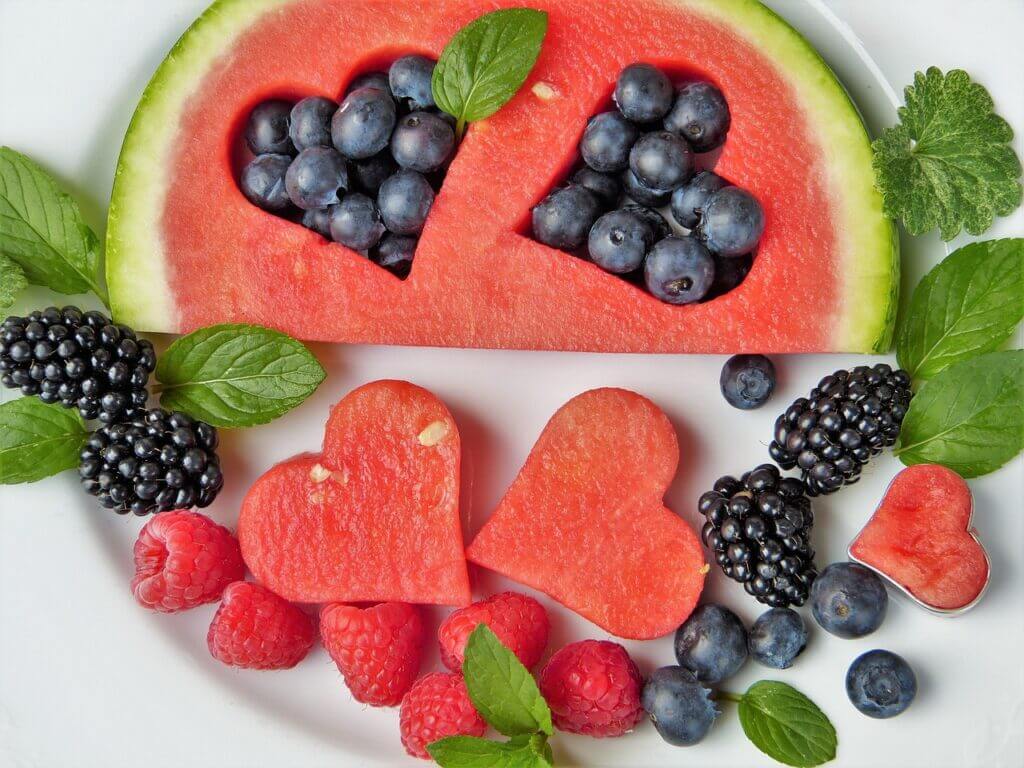Unravelling the Mystery of the Healthiest Food
In a world inundated with conflicting dietary advice, one question remains at the forefront of our minds: what is the healthiest food we can eat? The pursuit of optimal health through nutrition often feels like navigating a labyrinth of fads, trends, and contradictory studies. However, amidst the noise, there are fundamental truths to be uncovered about nourishing our bodies with the best possible sustenance.
Understanding the Concept of Healthiest Food
Defining Healthiest Food
What exactly do we mean by the term “healthiest food”? Is it the food with the most nutrients, the least calories, or the highest satiety value? To unravel this question, we must delve into the multifaceted nature of nutrition and its impact on our overall well-being.
Nutrient Density: The Key Metric
Nutrient density emerges as a crucial metric in determining the healthiest foods. Foods rich in essential vitamins, minerals, antioxidants, and phytonutrients per calorie are considered highly nutrient-dense. These foods provide maximum nourishment with minimal energy intake, making them invaluable for supporting optimal health.
Balancing Macronutrients
Beyond micronutrients, the balance of macronutrients—carbohydrates, proteins, and fats—plays a pivotal role in defining the healthiest food choices. Striking the right balance ensures sustained energy levels, proper metabolic function, and overall vitality.
Exploring the Contenders: What Makes a Food Truly Healthy?
The Power of Superfoods
Superfoods Decoded: Unveiling Nature’s Nutrient Powerhouses
Superfoods have garnered widespread attention for their exceptional nutrient profiles and potential health benefits. From kale and blueberries to quinoa and salmon, these nutritional powerhouses offer a potent array of vitamins, minerals, and antioxidants to support optimal health.
Eggcellent Choices: The Rise of Healthy Egg Meals
Eggs, once vilified for their cholesterol content, have undergone a remarkable transformation in recent years. Recognized as a versatile source of high-quality protein and essential nutrients, eggs feature prominently in healthy meal plans, offering a satiating option for breakfast, lunch, or dinner.
Cracking the Myth: Debunking Egg Myths and Misconceptions
Despite their nutritional prowess, eggs have been plagued by myths and misconceptions. From concerns about cholesterol to misconceptions about yolk colour, it’s time to separate fact from fiction and embrace eggs as a valuable component of a balanced diet.
Plant-Based Powerhouses: Embracing a Plant-Centric Diet
The Green Revolution: Harnessing the Benefits of Leafy Greens
Leafy greens, such as spinach, kale, and Swiss chard, reign supreme in the realm of plant-based nutrition. Packed with vitamins, minerals, and phytonutrients, these verdant wonders offer a plethora of health benefits, from supporting cardiovascular health to promoting detoxification.
Legumes and Pulses: The Protein-Rich Plant Paradigm
Legumes and pulses, including beans, lentils, and chickpeas, represent a cornerstone of plant-based eating. Rich in protein, fiber, and essential nutrients, these humble legumes offer a sustainable and nutritious alternative to animal products, supporting both personal health and planetary well-being.
Practical Strategies for Incorporating Healthiest Foods
Building Balanced Meals: The Plate Method
The plate method offers a simple yet effective framework for constructing balanced meals that prioritise health and nutrition. By filling half your plate with colourful fruits and vegetables, one-quarter with lean protein, and one-quarter with whole grains or starchy vegetables, you can create a balanced and satisfying meal that supports optimal health.
Mindful Eating: Cultivating Awareness and Appreciation
Mindful eating invites us to slow down, savour each bite, and cultivate a deeper connection with our food. By tuning into hunger and satiety cues, practising gratitude, and minimising distractions, we can foster a more nourishing relationship with food and enhance our overall well-being.
Conclusion: Embracing the Journey to Optimal Health
In the quest for the healthiest food, there is no one-size-fits-all solution. Instead, it’s about embracing diversity, balance, and mindfulness in our dietary choices. By prioritising nutrient-dense foods, incorporating a variety of fruits, vegetables, whole grains, and lean proteins, and fostering a mindful approach to eating, we can nourish our bodies, minds, and souls for a lifetime of vibrant health.
FAQs (Frequently Asked Questions)
Q1: Are eggs really healthy, considering their cholesterol content?
A1: Yes, eggs are nutritious and can be part of a healthy diet for most people. The cholesterol in eggs has minimal impact on blood cholesterol levels for the majority of individuals.
Q2: Can I eat leafy greens every day?
A2: Absolutely! Leafy greens are packed with essential vitamins, minerals, and antioxidants and can be enjoyed daily as part of a balanced diet.
Q3: How can I make healthy egg meals more interesting?
A3: Get creative! Experiment with different cooking methods, add a variety of vegetables and herbs, or incorporate eggs into dishes like omelettes, frittatas, and salads for a flavorful twist.
Q4: Are plant-based proteins sufficient for meeting my nutritional needs?
A4: Yes, plant-based proteins can provide all the essential amino acids your body needs when consumed as part of a varied and balanced diet.
Q5: Is mindful eating just another form of dieting?
A5: Not at all! Mindful eating is about cultivating a deeper awareness and appreciation of food, without judgement or restriction. It’s a holistic approach to nourishing both body and soul.
Do you like to read more Blog content? Read our blogs at PintoraBlogs

